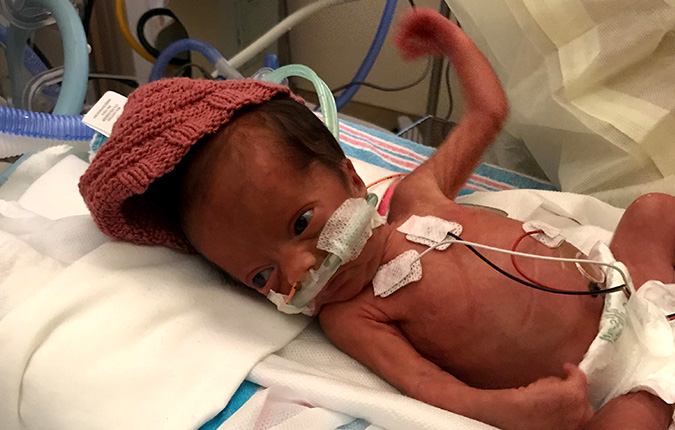Condition
Pediatric Diabetes, Type 1 and Type 2
What is diabetes mellitus?
Diabetes is a condition in which sufficient amounts of insulin are either not produced, or the body is unable to use the insulin that is produced. Diabetes can be defined as a metabolic disorder because the disease affects the way the body uses food to make glucose, the main source of fuel for the body. Diabetes may be the result of conditions such as genetic syndromes, chemicals, medications, malnutrition, infections, viruses or other illnesses. The three main types of diabetes include:
- Type 1 diabetes. Type 1 diabetes is an autoimmune disease in which the body's immune system attacks the cells that produce insulin, resulting in either no insulin or a low amount of insulin. People with type 1 diabetes must take insulin daily in order to live.
- Type 2 diabetes. Type 2 diabetes is a result of the body's inability to make enough, or to properly use insulin. Type 2 diabetes may be controlled with diet, exercise and weight loss, but it may also require oral or injected medication and/or insulin injections.
- Gestational diabetes. Gestational diabetes is a condition in which the glucose level is elevated and other diabetic symptoms appear during pregnancy when the woman has not previously been diagnosed with diabetes. In many cases of gestational diabetes, all diabetic symptoms disappear following delivery.
Frequently Asked Questions
What is prediabetes?
How does diabetes in children affect blood glucose?
What is maturity-onset diabetes in the young (MODY)?
Providers Who Treat Diabetes, Type 1 and Type 2
 Aasha's Rare Gift Will Help Other Babies Grow up Healthy
Aasha's Rare Gift Will Help Other Babies Grow up HealthyTesting the descrption field
Departments that Treat Diabetes, Type 1 and Type 2

Pre-Operative Care Clinic
When your child is having surgery at Children’s National Hospital, the Pre-Operative Care Clinic’s (POCC) team of pediatric professionals screens patients for surgery and creates a specific care plan for each patient.













